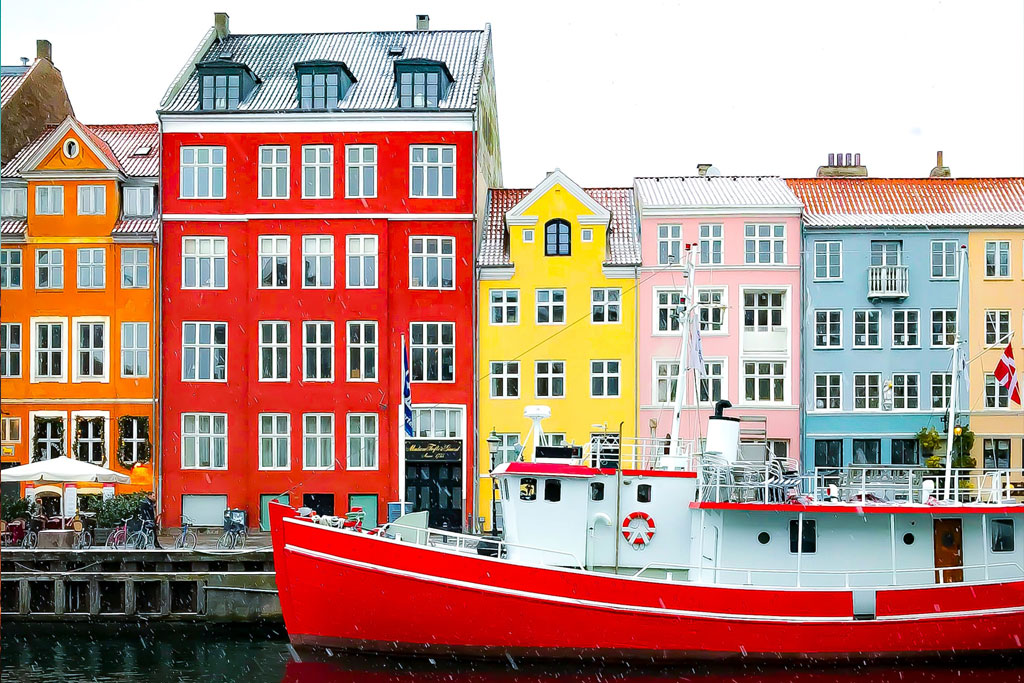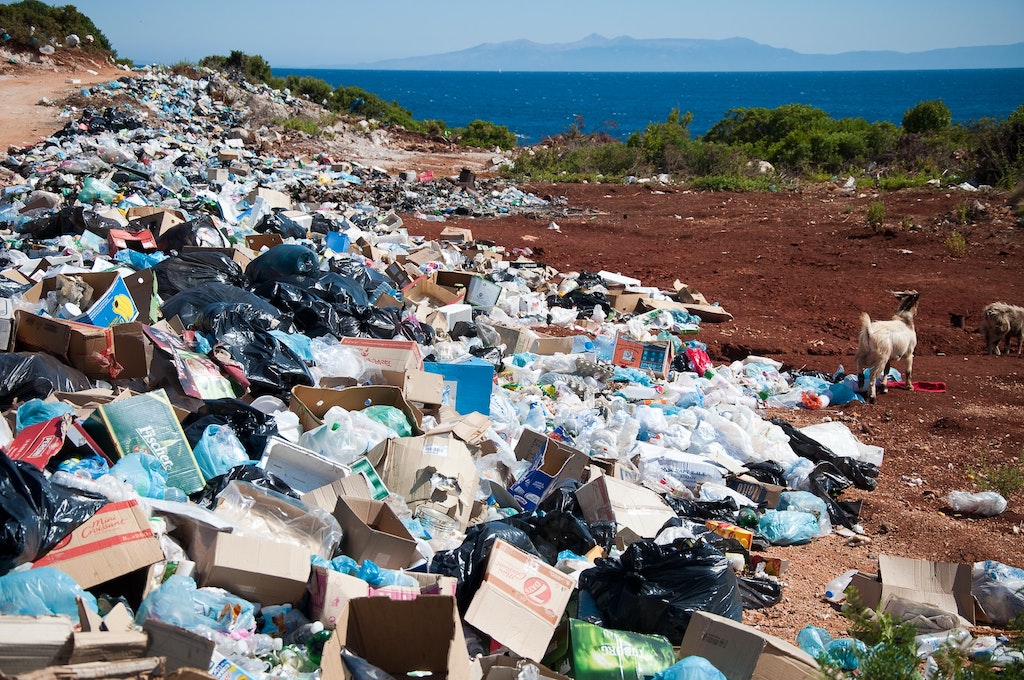
- Details
- Category: Europe
- Hits: 676
France’s President Emmanuel Macron wants to raise the retirement age by two years. However, 72 percent of French people are against the pension reform—and the trend is rising. Since mid-January, hundreds of thousands of people have taken to the streets and workers have gone on strike throughout the country. In addition, there is a new form of protest: the union from the energy sector supplied schools, hospitals and poor families with free electricity for one day. In this way, the striking workers want to demonstrate their power and prevent the raising of the retirement age.
Read more: France: Mass protests against higher retirement age

- Details
- Category: Europe
- Hits: 657
Denmark introduced a rent cap. The rents were set to rise by 10 percent because they are linked to inflation—as they are in Austria. But the Danish government has removed this link in order to ease the burden on households: rents may increase by a maximum of 4 percent until 2024, and increases that have already been made must even be reversed.
Read more: Rent cap in Denmark: rents may increase by a max. of 4 percent

- Details
- Category: Europe
- Hits: 463
The European Parliament voted in favor of a law that restricts the export of waste. Waste from the EU should be processed in an environmentally friendly way—and no longer exported on a large scale to third countries in the EU. There, it often pollutes entire regions via landfills or is incinerated and damages the environment.
Read more: EU to severely restrict export of waste to third countries

- Details
- Category: Europe
- Hits: 597
England bans single-use plastic products. From October, plastic tableware, Styrofoam cups and certain food packaging may no longer be sold or used. This excludes packaging for ready meals. The ban applies to retail and food retailers, as well as snack bars and restaurants. Environmental organizations criticize this as insufficient.
Read more: England bans single-use plastic products and packaging

- Details
- Category: Europe
- Hits: 527
The European Council, the Commission and the Parliament have agreed on the main points of the new EU Pay Transparency Directive. The directive aims to end the pay gap between women and men. In the future, companies with more than 100 employees will have to publish average salaries for the same work or work of equal value. Gender pay gaps must be eliminated in cooperation with social partners. Otherwise, there is a threat of fines.
Read more: EU Pay Transparency Directive aims to end Gender Pay Gap